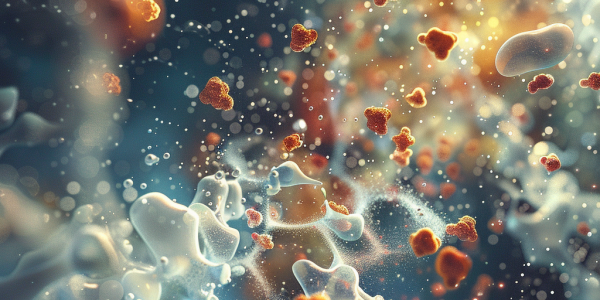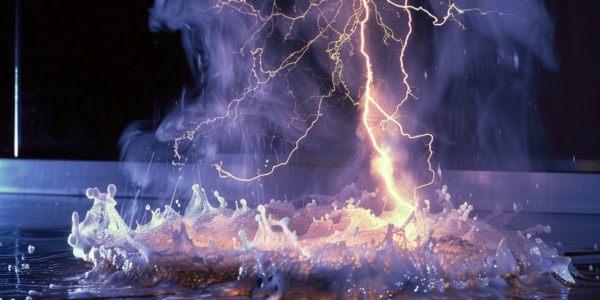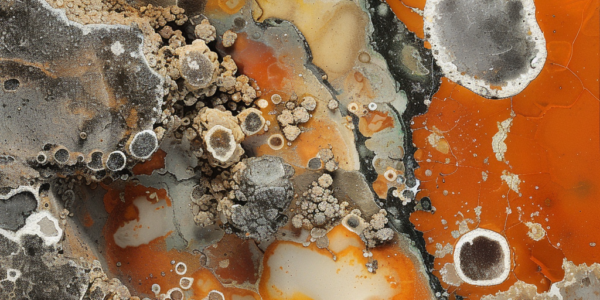Groundbreaking Discovery: Peptides Found to Form on Cosmic Dust Particles, Challenging Previous Beliefs
Recent research challenges previous beliefs about the formation of life’s building blocks in space, as peptides have been found to form on cosmic dust particles even in the presence of water. Dr. Serge Krasnokutski and his team made a significant breakthrough by demonstrating that water molecules on dust particles do not hinder peptide formation. This groundbreaking discovery opens up new possibilities in astrobiology and astrophysics, suggesting that essential organic compounds like peptides could originate in space.
The Search for the Origin of Life on Earth
The search for the origin of life on Earth has captivated scientists for years. With various theories and hypotheses, researchers are exploring how life could have emerged on a hot and rocky planet like Earth. One popular theory involves the early Earth’s atmosphere, dominated by nitrogen and methane, which could efficiently produce organic compounds. The famous Miller-Urey experiment simulated these conditions and yielded astonishing results, suggesting that lightning, asteroid impacts, and ultraviolet radiation from the Sun could have combined to create the necessary chemicals for life.
Synthesis of Pantetheine Under Everyday Conditions Suggests Origins of Life
Researchers have synthesized pantetheine, a crucial component of acetyl coenzyme A, under everyday conditions, suggesting it could have formed naturally on early Earth. This finding could have implications for the origins of life and the synthesis of biologically crucial chemicals.
Groundbreaking Discovery in 3.5 Billion-Year-Old Hydrothermal Vent Sediments
Researchers from The University of Western Australia have made a groundbreaking discovery by examining 3.5 billion-year-old hydrothermal vent sediments, shedding light on the origin and early evolution of life on Earth. The study, published in the journal Science Advances, was…
Chemists Use Blockchain to Investigate Emergence of Life on Earth
A team of chemists has made a groundbreaking discovery by harnessing blockchain technology to investigate the emergence of life on Earth. This innovative use of blockchain demonstrates its potential to solve problems beyond the financial sector, providing leads for scientists…
New Research Suggests Amyloids May Have Played Key Role in Emergence of Life on Earth
New research has shed light on the potential role of amyloids in the emergence of life on Earth. The study, conducted by Roland Riek, Professor of Physical Chemistry and Associate Director of ETH Zurich’s Centre for Origin and Prevalence of…






